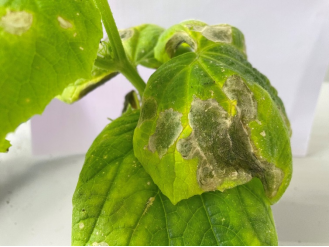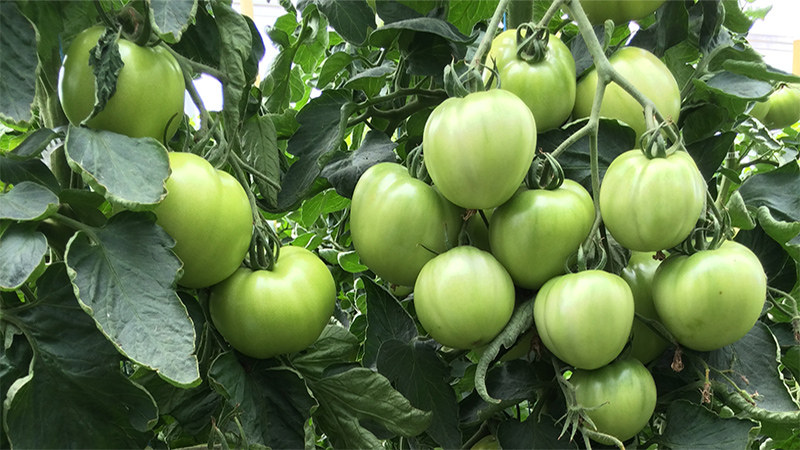Dow AgroSciences/University of Warwick Discover Unique Herbicide Binding Pattern
Research from Dow AgroSciences, a wholly owned subsidiary of The Dow Chemical Company, and the University of Warwick, United Kingdom, have uncovered unique attributes of synthetic auxin herbicides.
The research highlighted receptor-binding uniqueness of Dow AgroSciences’ new arylpicolinate herbicides, including Arylex active and Rinskor active, compared to other commercial auxin herbicides. Richard Napier, Ph.D., plant signaling expert and professor in the School of Life Sciences, University of Warwick, was the key cooperator who identified these unique differences. The way auxin herbicides bind to receptors in plant cells alters plant growth in susceptible species, leading to weed control.
“Since the 1950s, Dow AgroSciences has successfully launched a number of synthetic auxin herbicides that provide weed control solutions to farmers globally,” said Daniel R. Kittle, Ph.D., vice president, Research and Development, Dow AgroSciences. “The collaboration with Dr. Napier provides important insights into the fundamental interaction between plants and our newest innovations in auxin herbicides.”
“There is one natural auxin which controls plant growth. There are also many synthetic auxins and these work as herbicides by overpowering the natural system. Our recent work with Dow AgroSciences has shown that not all auxins are equal,” said Napier. “The new arylpicolinates prioritise a different target site than both the natural auxin, and other auxin herbicides, and they bind to this site with high affinity.”
More on the synthetic auxin research.






